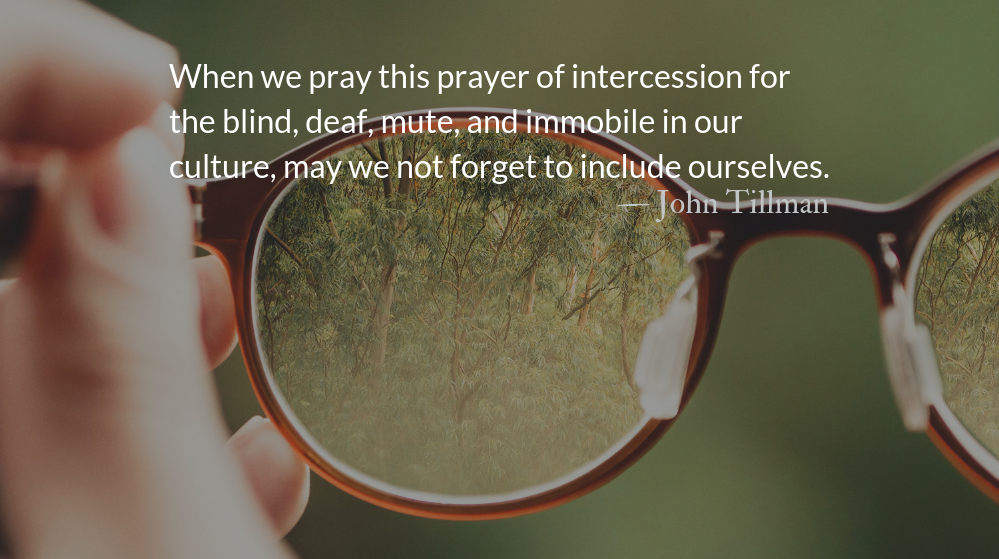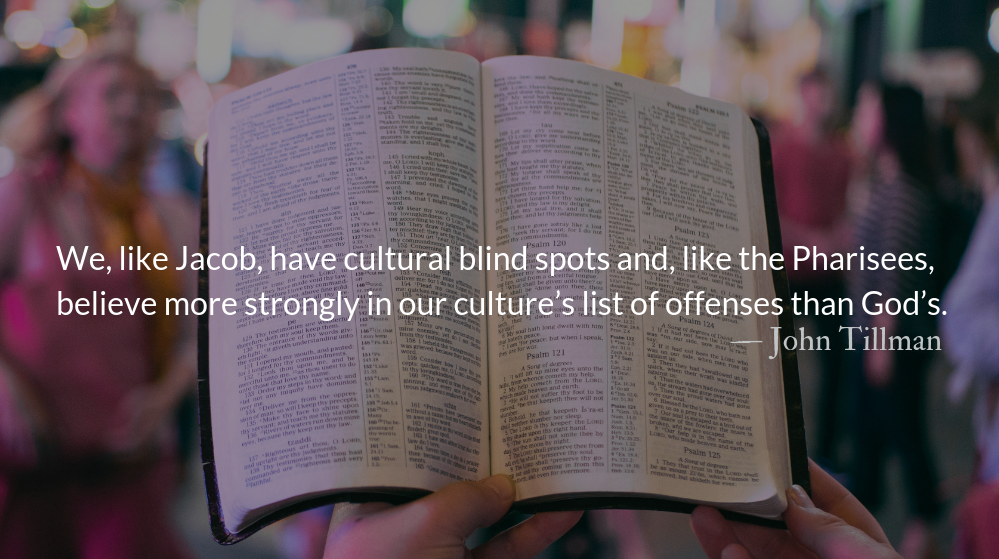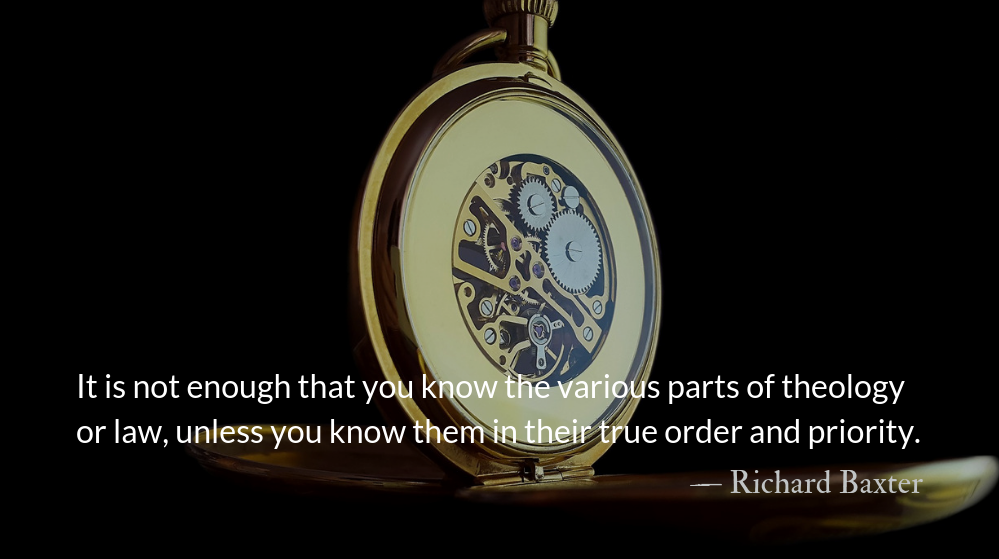Mark 8.17-18
Do you still not see or understand? Are your hearts hardened? Do you have eyes but fail to see, and ears but fail to hear?
Reflection: For Those Yet Unseeing :: Worldwide Prayer
By John Tillman
Often people of faith express the wish to be able to stand among the disciples, seeing and touching, and experiencing Jesus first hand. There’s nothing wrong with such a fanciful wish as long as it is simply a wish to stand in his presence. (We know in faith that we will stand in his presence, and bow down.)
But often, this wish comes with assumptions.
We assume that faith comes easily when we witness miracles.
We assume that the disciples were ancient simpletons and that our quick modern minds would easily decipher Christ’s pedagogy of parables. (We ignore that science tells us that our species’ intelligence has been identical for eons.)
But we are wrong on both those counts.
Those who witnessed the miracles of the Bible still struggled to have faith.
And modern “scholarship” has not brought us greater understanding of Christ, but indeed, has muddied the waters with doubt, conjecture, and fringe theology presented as “faith” accompli—as if it has always belonged to the mainstream.
It is ironic that some who reject junk science that is rejected by an overwhelming percentage of scientists are willing to accept junk theology that is rejected by an overwhelming percentage of theologians. It is equally ironic that some who reject junk theology are quick to accept junk science. Both groups are blind, deaf, mute, and immobile.
When we pray this prayer of intercession for the blind, deaf, mute, and immobile in our culture, may we not forget to include ourselves.
A Prayer of Intercession from Great Britain
Thank you, God, for the Church,
Help us to share fully in the church family.
We pray for people who are blind:
Help them to see Jesus.
We pray for people who are deaf:
Help them to hear Jesus.
We pray for people who cannot use their legs:
Help them to walk with Jesus.
We pray for people who cannot speak clearly:
Help them to know that Jesus understands.
Please help us all to serve you.
Fill us with the fruit of the
Spirit: Love, joy, peace, patience, kindness, goodness, faithfulness, gentleness, and self-control.
Prayer: The Greeting
To you I lift up my eyes, to you enthroned in the heavens. As the eyes of servants look to the hand of their masters, and the eyes of a maid to the hand of her mistress, so our eyes look to the Lord our God, until he shows us his mercy — Psalm 123.1-3
– Prayer from The Divine Hours: Prayers for Autumn and Wintertime by Phyllis Tickle.
Prayers from The Divine Hours available online and in print.
Today’s Readings
Genesis 38 (Listen – 4:24)
Mark 8 (Listen – 4:29)
Read more about Struggling with the Word
We often approach the Bible as consumers, treating it as a store full of solutions to our problems. When we do this, we easily are overwhelmed by its shelves, confused by its organization, and frustrated by seemingly inexplicable products.
Read more about Forgiveness to Soften the Hardened :: Worldwide Prayer
There is no level of spiritual achievement or growth at which one is not susceptible to hardening of the heart and the spirit. Christ’s call echoes again. Calling us deeper into every discipline we pursue.











